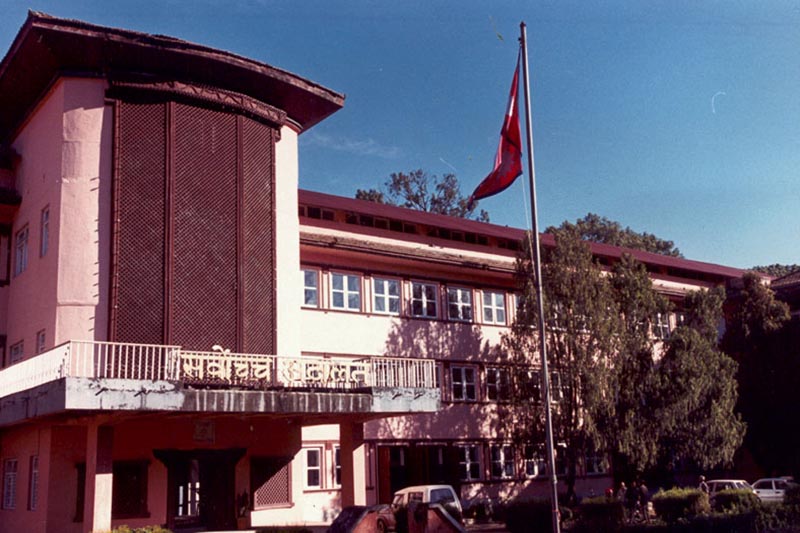SC tells govt to ensure Nepalis get quality food
Kathmandu, February 2
The Supreme Court has directed the government to make provisions for adequate food storage across the country and maintain quality of food in those storages to ensure Nepalis’ right to food.
A division bench of justices Deepak Kumar Karki and Ananda Mohan Bhattarai issued the order against the government for not ensuring distribution of quality food in the aftermath of the 2015 earthquake.
Bhupendra Bahadur Tamang Thing and Sitaram Maskey filed the case against the government, claiming that food grains supplied by the World Food Programme, Save the Children and Red Cross Society were substandard and inedible and since WFP was colluding with employees of the Ministry of Supplies to continue distributing substandard and rotten food, the court should prevent it from doing so.
The SC ordered the government to make laws to increase productivity of agricultural land, to check the quality of food grains supplied by neighbours and international community before distributing during disasters, to operate regional labs and to blacklist organisations that committed irregularity in the course of distributing food grains.
The SC said the right to food as stipulated in Article 36 of the constitution was a basic human right, which meant people should have access to pollution-free food grains containing enough nutrition.
The SC observed that it was the duty of the state to ensure farmers access to water, land, food, chemical fertilisers, required knowledge, skills and innovation.
The apex court observed that people should not face any hindrance in production, trade and control of food. The SC ordered that the right to food should be ensured without any dilly-dallying.
It observed that the government did not fulfil its responsibility in an accountable manner in Gorkha, Sindhupalchowk and Jajarkot as argued by the petitioner.
The court further observed that even after the government found that food grains stored at warehouses were substandard it did not state in its written reply what responses it received from WFP regarding the problems seen in the distribution of food grains, what corrective measures were taken and whether or not WFP’s attention was drawn to the issue.
“No organisation, national or international, can infringe upon the rights of voiceless people who are affected by famine and natural disasters,” the court observed. “In this case, an international organisation did not act in a responsible manner and the government should ensure that such things are not repeated,” the SC stated in its verdict.






